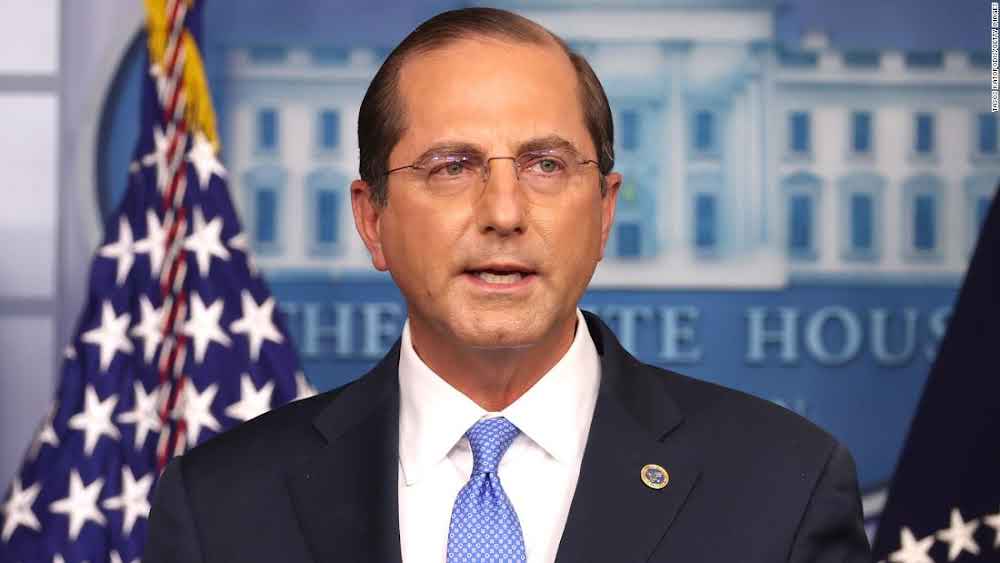Only until the Trump administration’s Health and Human Services secretary, Alex Azar, verified that carrying medications over the border could be done properly, did the Food and Drug Administration grant Florida’s plan to import prescriptions from Canada, an unprecedented approval.

In September 2020, just two months before his boss, the former President Donald Trump, was not re-elected, Azar made the momentous announcement.
Azar is currently in the business of facilitating imports. He serves as the chairman of the board of LifeScience Logistics, a Dallas-based business Florida is paying up to $39 million to handle its programme for importing medications from Canada, excluding the cost of the drugs themselves.
Azar’s employment was verified by LifeScience representatives, but they remained silent when asked about Azar’s compensation or involvement in the Florida work. Messages sent to a personal email account or left with his employers were not returned by Azar.
There is ample evidence of the revolving door between government and private sector employment. Top American officials from both parties frequently quit their positions in government to take on board positions or work at firms in the industry they once oversaw, which are frequently significantly better compensated.
A 2019 study published in The Journal of Politics by scholars at Harvard and Boston universities looked at 84 Cabinet members who served from 1992 to 2014 and found that about 57% of presidential Cabinet-level officials later had positions on business boards of directors. (1992–2014).



